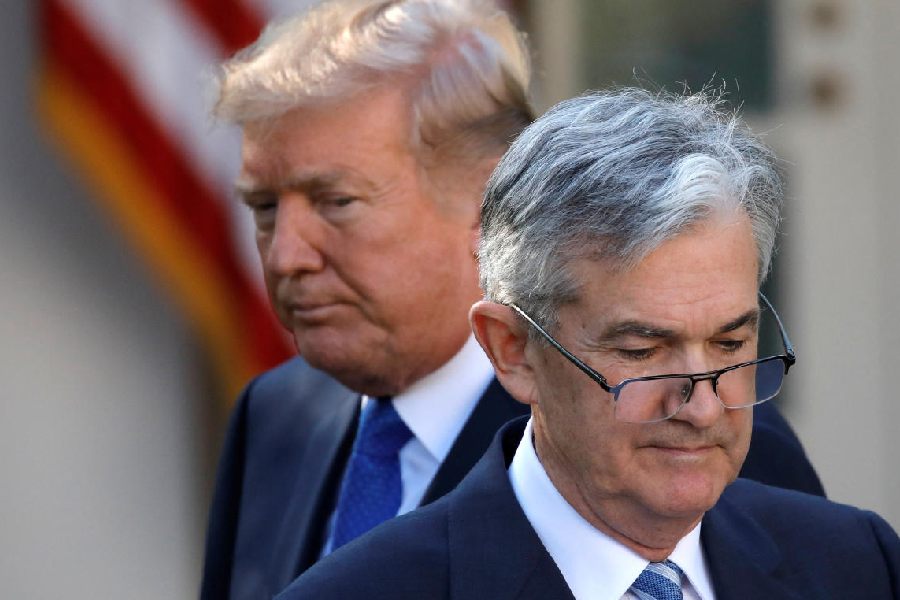Jay (Jerome) Powell and the Fed may have pulled off the improbable soft landing in taming inflation while not crashing the economy into recession, proving many a Wall Street naysayer wrong.
But an even bigger wildcard looms in another Donald Trump presidency — what Trump 2.0 might mean for interest rates, Fed independence and the Fed chair’s own job.
That tension burst into the open at the Fed’s news conference on Thursday: The usually dry event had moments of high drama that nearly overshadowed the decision to cut the benchmark lending rate by a quarter percentage point. Powell delivered a forceful “no” when asked by Victoria Guida of Politico if he would consider resigning if Trump asked.
He delivered a more emphatic response when pressed by another reporter on whether the president had the legal authority to fire him. “Not permitted under the law,” Powell said.
Trump has made waves by saying that a president should have a say in rates policy: And suggestions have circulated from inside the president-elect’s camp that he would sideline Powell if re-elected — something Trump flirted with during his first term after appointing Powell in 2017.
The S&P 500 advanced as the news conference wore on, closing at another record, and Treasury bonds also rallied.
Trying to sideline a Fed chair before the end of the term would be unprecedented: Presidents have sparred with Fed chairs in the past over monetary policy, but experts warn that forcing one out could destabilize the markets for stocks and bonds.
Trumponomics also towers over the Fed: The president-elect’s plan for tax cuts and tariffs is expected to reignite inflation, analysts say. The question is whether that plan would force the Fed to pause cutting interest rates, or even raise them.
A slew of Wall Street economists say they believe Trump’s economic policies could push the Fed into a higher-for-longer stance. Powell said it was too soon to change course, however, noting that the Fed can’t model the effects of Trump’s policies on trade or immigration until they’re passed.
“In the near term, the election will have no effects on our policy decisions,” Powell said. “We don’t guess, we don’t speculate, and we don’t assume,” he added.
Wall Street is bracing for more tension. “President-elect Trump is likely to pressure the Fed to cut interest rates more aggressively like he did during his first term,” Bill Adams, an economist at Comerica Bank, wrote in a research note yesterday.
“After Fed Chair Powell’s term expires in 2026,” Adams wrote, “President-elect Trump will have an opening to appoint a new Fed chair who is more sympathetic to his calls for lower interest rates.”











